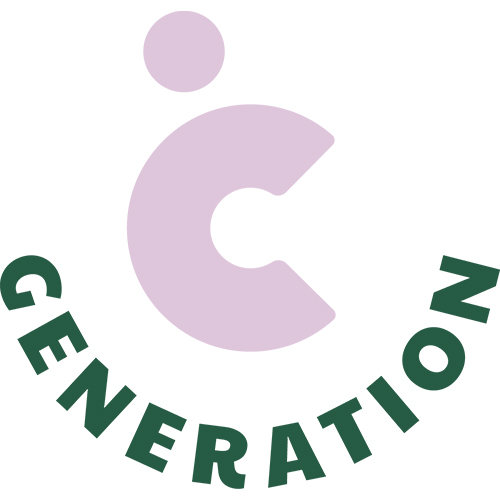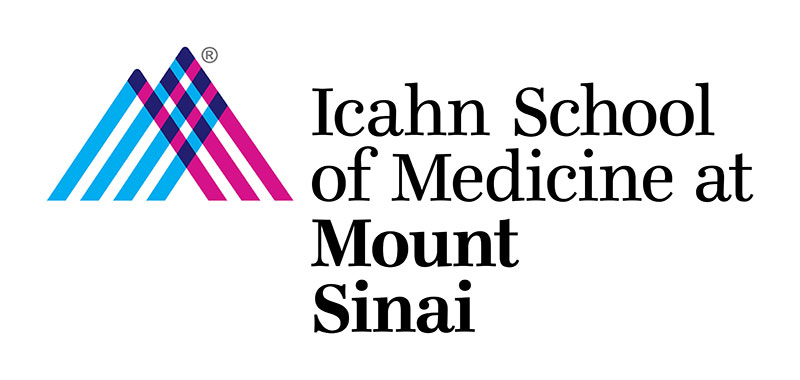
The Generation C Follow Up Study
Understanding How COVID-19 Infection and Vaccines Affect Children’s Development
COVID-19 has affected millions of people around the world, including pregnant individuals. This study aims to learn how the virus and COVID-19 vaccines during pregnancy can impact children’s development.
Animal research shows that when pregnant animals are exposed to viruses, it can affect how their babies’ brains develop. This may lead to changes in behavior, like difficulty with social interactions and exploring behavior. Studies in humans also suggest that infections during pregnancy could be linked to differences in how children’s brains develop and an increased risk of behavioral problems.
In this study, we will follow up participants from the Generation C study and their children. We have information about mothers’ COVID-19 antibody levels, and other important data from their pregnancy. We also have information about samples of dried blood spots from the babies.
Our goals are:
- To study how prenatal exposure to COVID-19 infection and vaccination can affect children’s behavior, thinking, social skills, and movement when they are between 2 and 4 years old. We will consider factors like how severe the infection was, if the child is a boy or girl, family history of behavioral problems, and differences in people’s lives. To complete this goal, 900 parents in the Generation C Follow-Up study will complete a questionnaire that takes about 20 to 30 minutes. The questionnaire asks about themselves and about their child’s behaviors.
- To understand how prenatal exposure to COVID-19 infection, inflammation, and vaccination can affect brain activity in children. We will use a special test called an electroencephalogram (EEG) to study how the brain works, by measuring attention, perception, and other important brain functions. Only some of the children in the Generation C Follow Up study will undergo the EEG test (300 children)
By doing this study, we hope to learn more about how COVID-19 infection and vaccines during pregnancy could affect children. We anticipate the study to continue for 4 years and to enroll 900 participants. Our first participant was recruited in November 2022, and we’re excited to continue our work on this research study.
